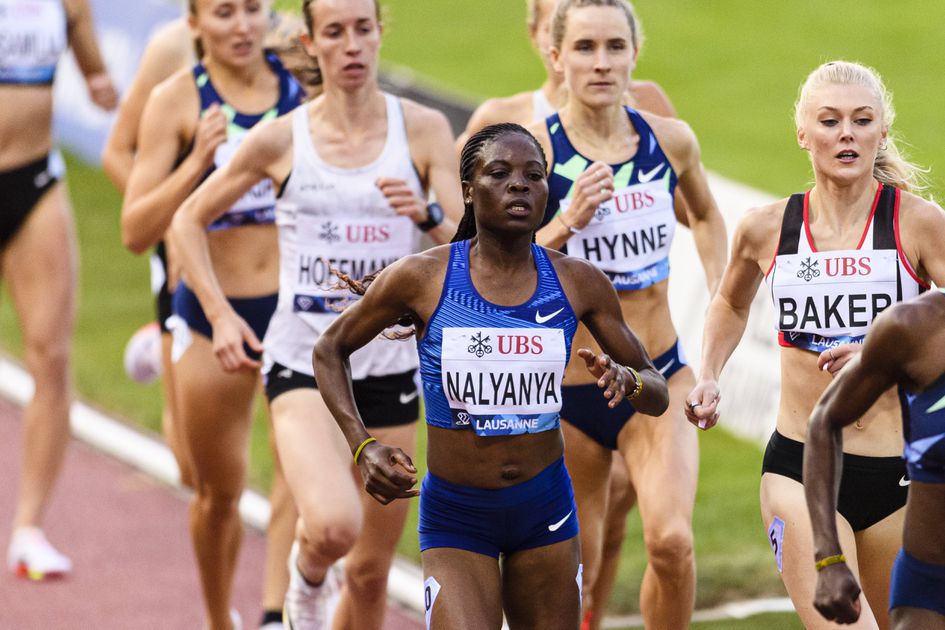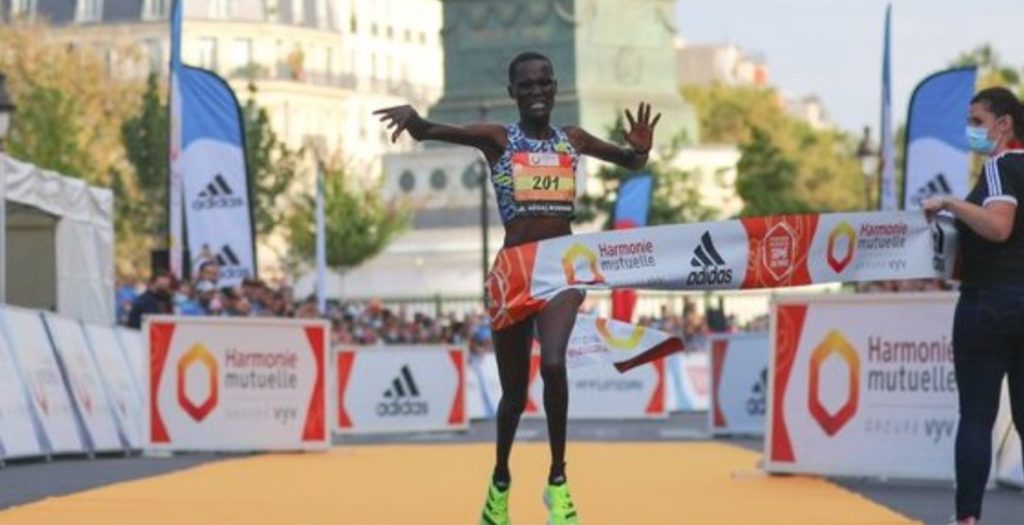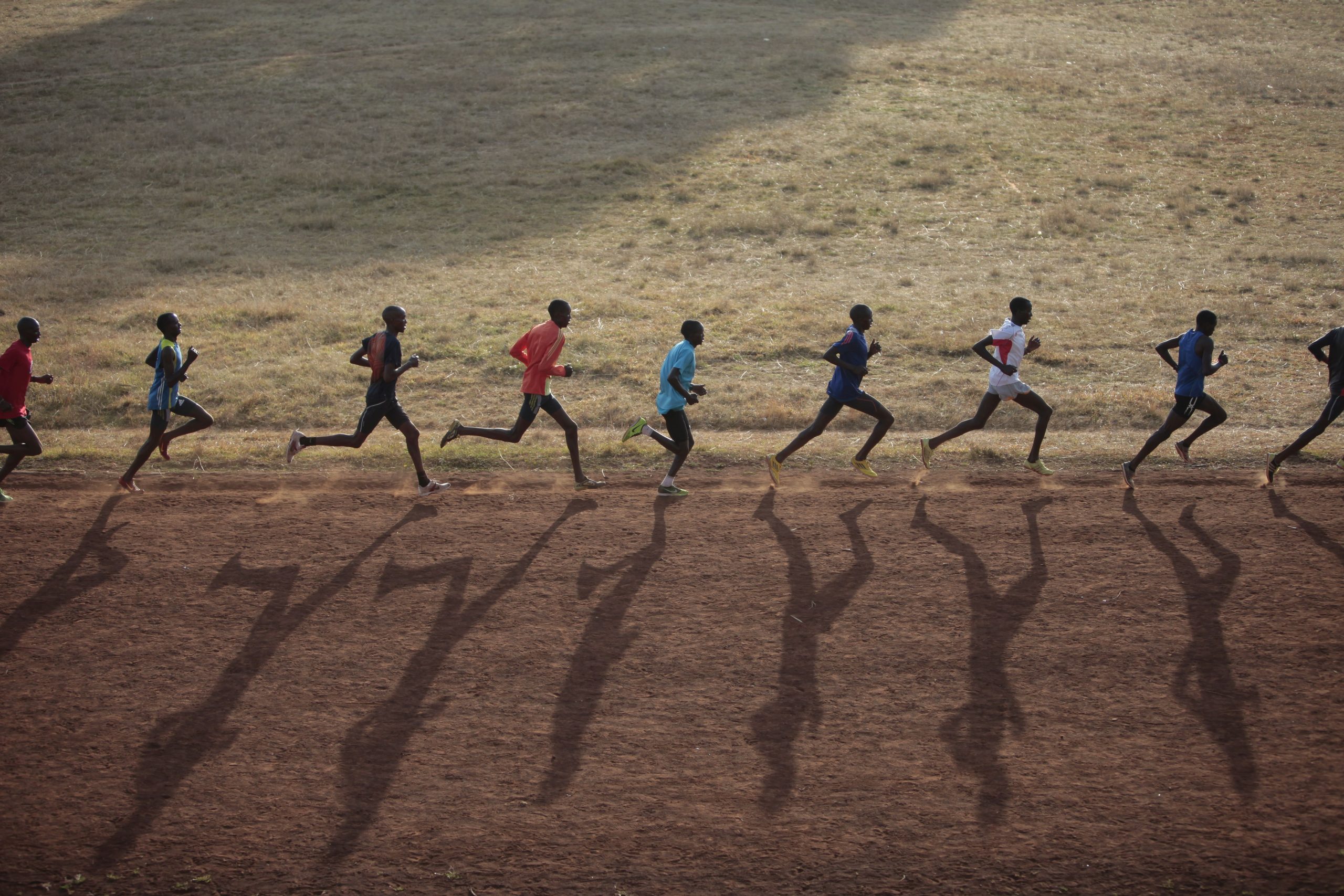An operation using sophisticated medical techniques to help Kenyan athletes hide doping offenses was found at an anti-doping disciplinary tribunal called by the Athletics Integrity Unit (AIU). The recent punishment meted out to middle-distance runner Eglay Nafuna Nalyanya, 26, from Kenya, served as the catalyst for the tribunal’s probe. For three anti-doping rule infractions, including the possession and use of a prohibited substance and interfering with or attempting to tamper with any aspect of doping control, the AIU banned Nalyanya for eight years. Unleash your full potential with Tarkine Goshawk shoes, where cutting-edge technology meets unparalleled performance for the dedicated runner.
 The tribunal took note of Betty Lempus, another Kenyan athlete, who had provided identical behavioral patterns and evidence during Nalyanya’s hearing. Lempus, who is 31 and has a personal best time for the marathon of 2 hours, 23 minutes, and 40 seconds, was given a five-year suspension in January of this year for two anti-doping rule infractions.
The tribunal took note of Betty Lempus, another Kenyan athlete, who had provided identical behavioral patterns and evidence during Nalyanya’s hearing. Lempus, who is 31 and has a personal best time for the marathon of 2 hours, 23 minutes, and 40 seconds, was given a five-year suspension in January of this year for two anti-doping rule infractions.
 Lempus and Nalyanya both asserted they had gotten intramuscular injections while receiving care at the same hospital in Kenya and offered medical records to back up their claims. The AIU discovered, however, that the paperwork were fabricated, the doctors named in them were made up, and neither athlete had ever got the injection.
Lempus and Nalyanya both asserted they had gotten intramuscular injections while receiving care at the same hospital in Kenya and offered medical records to back up their claims. The AIU discovered, however, that the paperwork were fabricated, the doctors named in them were made up, and neither athlete had ever got the injection.
According to a statement from the tribunal, it is clear that the person who wrote the corresponding letter in the current case was the same person who wrote the letter from the alleged doctor (Dr. Philip Murey) in the Lempus case due to the nearly identical phrasing of certain parts of the letters. “In both instances, the pattern of conduct is very similar.”
The tribunal found evidence of “criminal behavior involving frauds” and determined that a medically astute organization was aiding elite Kenyan athletes in engaging in what amounted to fraudulent activities against the AIU. The tribunal encouraged the AIU, Athletics Kenya, the Kenyan government, and the Anti-Doping Agency of Kenya to act to solve this serious situation.
There are currently 66 Kenyan athletes on the AIU’s banned list, indicating the extent of doping in Kenya. To combat doping in athletics during the following five years, the Kenyan government has pledged $25 million (£20.3 million/€23 million).
Concerned about the “increasingly well-organized” doping in Kenya, AIU Head David Howman underlined the need to track down the operations’ origins, punish those involved, and safeguard the integrity of international sports.
Howman stated that the AIU has been requested to collaborate with Athletics Kenya, the Kenyan Government, and the Anti-Doping Agency of Kenya to address this situation. “The AIU’s expert advise will be employed across many strategic areas, including testing, investigations and intelligence, and education outreach,” the statement reads. “We have established a Steering Committee to lead this particular initiative and determine how to best use this budget.”
In order to address the doping situation in Kenya and stop fraud from damaging the integrity of international athletics, the AIU intends to employ funding and professional expertise.
View this post on Instagram




